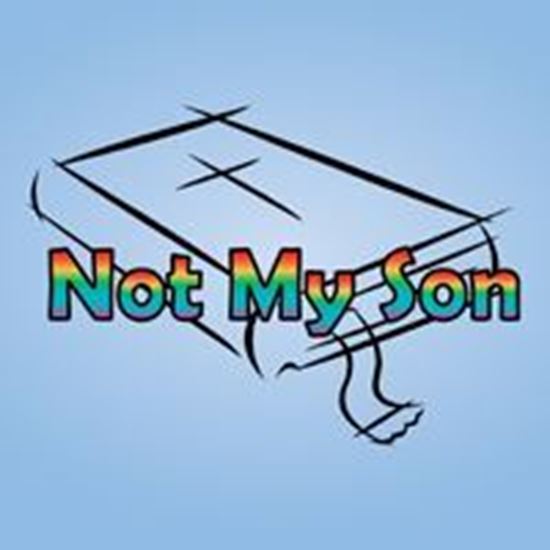
Not My Son
What does the Bible really teach about homosexuality? How can some Christians think it’s an awful sin and others welcome gays into church leadership? Sixteen-year-old Peter thinks he is gay, and he’s still hoping it’s not true, that no one will ever have to know he even suspected it. Peter’s father is the pastor of a church, his best buddy is the leader of the youth group. The world would end if they and Ashley, a girl who’s definitely attracted to Peter, found out. But bit by bit his secret leaks out, and then he isn’t the only one facing the dilemma of being gay and Christian. This play attempts to fairly represent differing perspectives on an issue many Christians grapple with, and could be particularly helpful for congregations attempting an honest exploration of the topic.
Productions
Behind The Scenes
Playwright Dolores Klinsky Walker
Talks About "Not My Son"
WHAT INSPIRED YOU TO WRITE THIS PLAY?
My son-in-law asked me to write a play dealing with homosexuality. He hoped it could be used in his church to cause some people to have a more open mind toward homosexuals.
WHAT'S YOUR FAVORITE PART OR LINE IN THE PLAY? WHY?
Probably when Ashley comes out swinging her bra. A friend suggested that, and I loved the audacity.
WHERE DID THE CHARACTERS COME FROM? ARE THEY BASED ON PEOPLE YOU KNOW?
I was raised in a fundamentalist church, and I have a gay son. The questions discussed in the play are ones I personally wrestled to the ground when I learned my college-age son was gay. What I had assumed was true of homosexuals did not fit my son, so I took a long second look at familiar Bible verses and found credible Christians who saw those verses in a different light.
WHAT DID YOU TRY TO ACHIEVE WITH THIS PLAY?
So many people just assume homosexuality is bad. I hope this play will lead them to examine their assumptions.
DO YOU HAVE ANYTHING ELSE YOU'D LIKE TO ADD?
I highly recommend two books that are referred to in the script: “Stranger at the Gate” by Mel White and “Thou Shalt Not Love - What Evangelicals Really Say to Gays” by Patrick M. Chapman, Ph.D. Another one, not specifically referenced in the play, is “Crisis: 40 Stories Revealing the Personal, Social, and Religious Pain and Trauma of Growing up Gay in America.”
